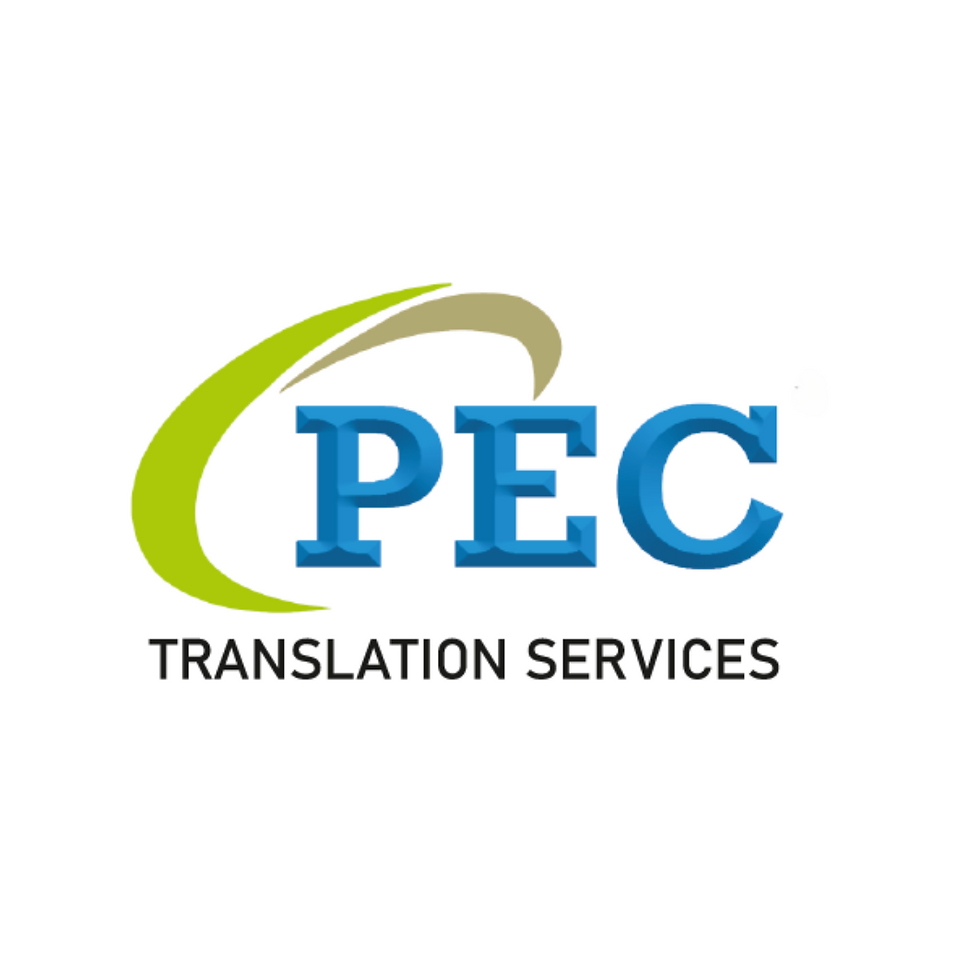The Vital Role of Translation in Today's Globalized World
- PEC Translation
- Jan 4, 2024
- 2 min read
Updated: Feb 5, 2024

Explore the indispensable role of translation in bridging linguistic and cultural divides in our globalized world. Understand how translation fosters international business, education, and cultural exchange, shaping our interconnected global community.
#Globalization #TranslationImportance #MultilingualCommunication #CulturalExchange #InternationalBusiness #LanguageDiversity #GlobalEducation #Cross_CulturalInteraction #DigitalContentTranslation #E_Commerce_Localization
In our rapidly globalizing world, the significance of translation extends far beyond mere language conversion; it's a fundamental aspect of human connection, cultural exchange, and international business. With globalization accelerating, the role of translation has become more crucial than ever, acting as a bridge between diverse cultures, languages, and traditions.
Historically, the absence of a structured translation industry posed challenges in sharing and understanding different cultural and linguistic ideas. However, in a world where over 7000 languages are spoken, and with the advent of technological advancements, translation has become an essential tool for efficient communication and understanding.
Translation's relevance is particularly evident in the business and educational sectors. Today, companies expand their operations internationally, and students pursue education across borders. This global interaction would be nearly impossible without translation, which enables the seamless transfer of knowledge and ideas.
Contrary to the belief that English sufficiency is universal, only around 840 million people globally speak English as either a native or a second language. A business limited to English-only communications risks losing a vast portion of the global market. Therefore, embracing multilingualism through translation is not just beneficial but essential for global expansion.
In the context of business, the recent shift towards globalization has necessitated multilingual marketing and customer support. A business aiming for global success must adapt to the languages of its diverse customer base. This adaptation is achieved through translation, making it a cornerstone of international business strategy.
The digital landscape further underscores the importance of translation. As companies move online, ensuring that their websites and digital content are translated into target languages becomes critical. This approach enables businesses to cater to a global audience, even in the absence of direct, face-to-face communication.
Translation has also elevated its role in preserving and sharing culture and languages. With globalization permeating sectors like travel, tourism, and entertainment, the demand for document and film translation services has surged, broadening the scope of translation.
The interconnectedness of global communication and translation is profound. Translation not only facilitates the understanding of language but also helps convey the intentions and cultural nuances behind words. It enables products and services launched in one country to reach a global audience, adapting marketing strategies to cater to local languages and preferences.
The rise of digitalization and online education has further highlighted the importance of translation. E-learning platforms offer content in multiple languages, making education accessible worldwide. Similarly, in e-commerce, platforms like Amazon have expanded their language offerings to cater to diverse linguistic groups, enhancing accessibility and user experience.
Translation plays a pivotal role in uniting nations, cultures, and people. It fills knowledge gaps and facilitates understanding in a world that is increasingly interconnected. As globalization continues to evolve, translation technologies and techniques must keep pace, ensuring comprehensive and inclusive global communication. Translation is not just about converting words; it's about connecting worlds.




Comments